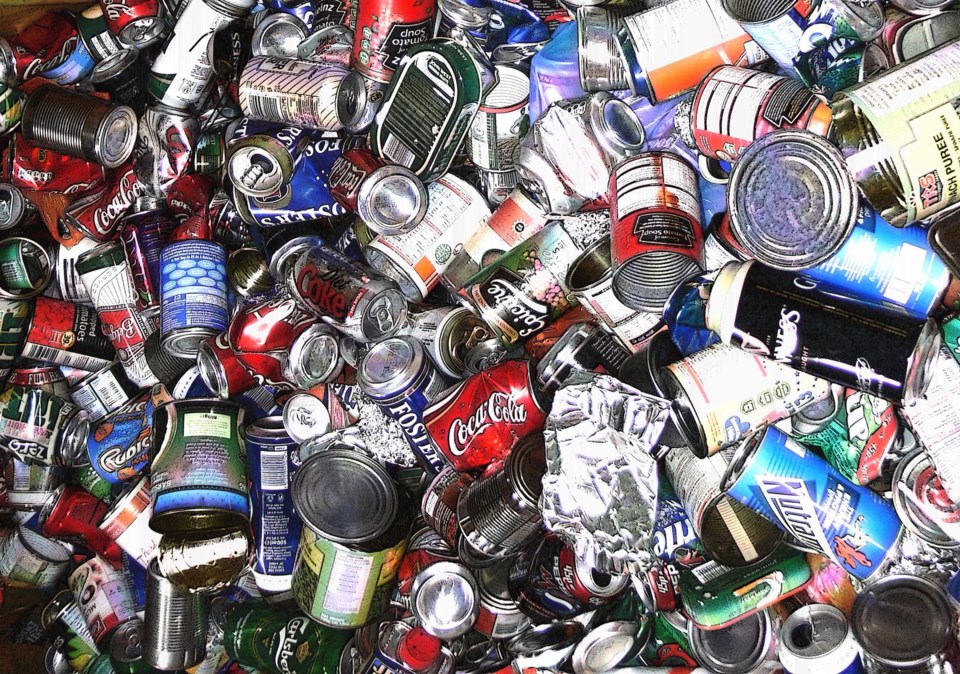A newly released report from Sure We Can, a non-profit redemption center in Brooklyn, reveals the marginalized canning workforce earns just $5.08 per hour. Based on surveys from 257 people who collect and redeem cans and bottles to earn income, the study showed that for almost half of these workers, canning is their only source of income.
The study showed that canners, on average, earn $119 per week over 23.4 hours, or an average of $5.08 per hour, less than one-third of the NYC minimum wage. While canning might be perceived as an ad-hoc practice for quick cash, in fact canners work nearly 25 hours a week on average and the vast majority (85%) have been doing it for more than one year, according to a press release.
The majority of canners (64%) are immigrants and (63%) are older than 50 years old. One third live with chronic physical and mental illness, and health was the most common barrier to being able to secure alternative employment.
Many canners (58%) spoke about the health and social benefits that canning provides them. For example, many older workers described how canning was a way for them to keep physically active and strong. Some respondents facing mental health issues said that canning was a source of calm and stress-release in their lives.
While canners are often believed to be homeless individuals, 86% of canners surveyed had access to housing, with the majority renting from private landlords.
Sure We Can and worker leaders from the newly formed Alliance of Independent Recyclers (AIR) are advocating for the Bigger, Better Bottle Bill (A6353/S237), which would raise the bottle deposit to 10-cents. The deposit hasn’t been raised since the original Bottle Bill passed in 1982.
These findings highlight both the challenges and benefits of canning to those who do this work, and point towards important changes that could serve both canners and the city. According to report co-author Christine Hegel: "Raising the bottle deposit is critical, as is recognizing the broader value of this work to the city and to taxpayers. Canners divert millions of recyclables from the landfill every year and hold beverage companies accountable. They should be taken seriously as stakeholders in municipal sanitation policymaking."




